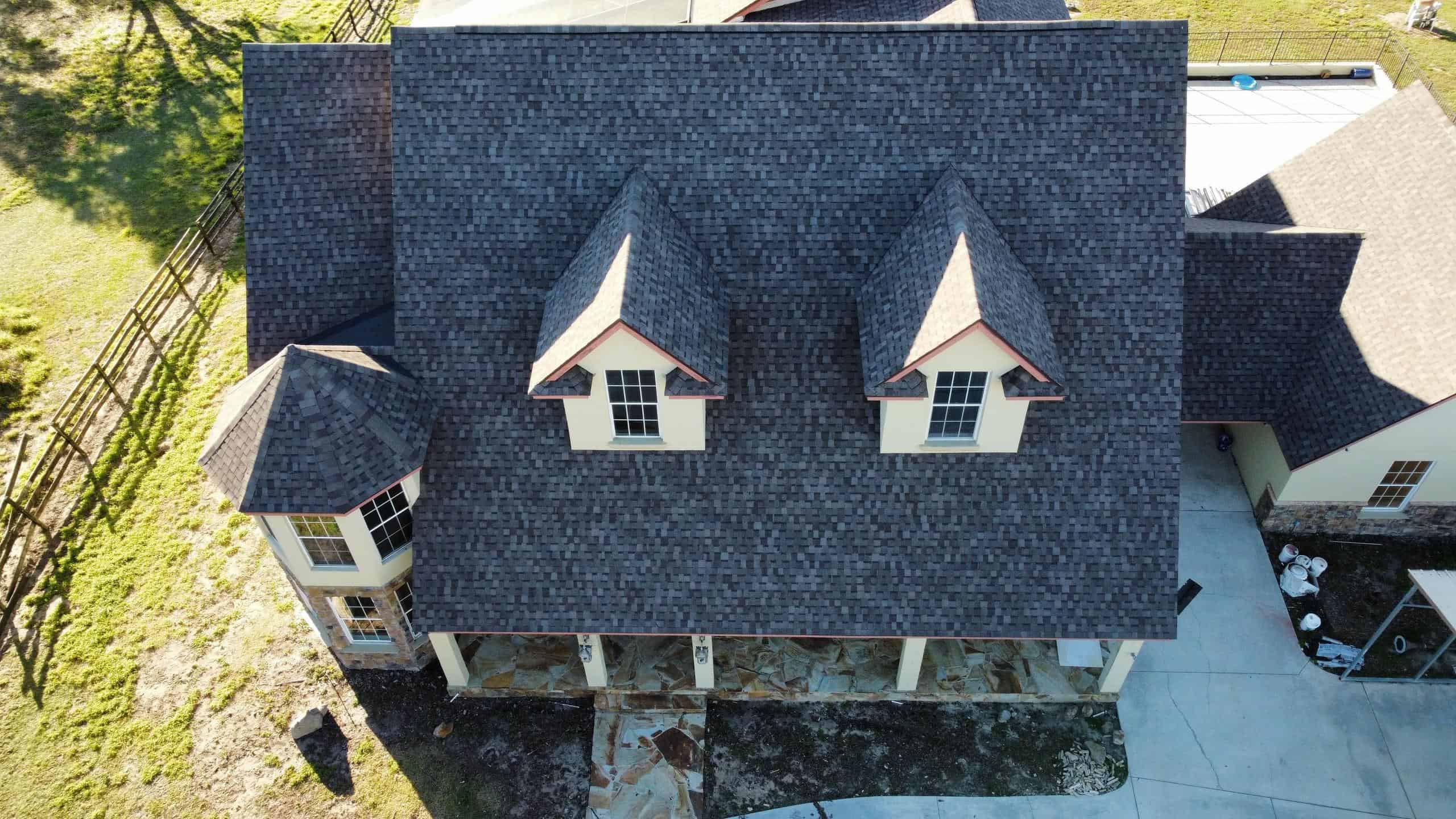The Hidden Gem of Property: The Value in Owning Mobile Home Land
In the ever-evolving landscape of real estate investment, one typically ignored possibility stands apart: possessing mobile home land. While standard real estate financial investments like single-family homes and apartment building garner much attention, savvy financiers are increasingly recognizing the distinct benefits and potential returns used by mobile home parks. Allow’s discover why having the land beneath mobile homes can be a useful and financially rewarding financial investment approach.
Steady Demand and Reduced Openings Fees
One of the primary advantages of owning mobile home land is the regular need for budget friendly housing. As housing expenses remain to increase in numerous areas, mobile homes offer an available option for individuals and family members seeking economical holiday accommodations. This steady demand translates to reduced vacancy prices for well-managed mobile home parks, ensuring a trustworthy stream of earnings for landowners.
In addition, once citizens place their mobile homes on a whole lot, they are less most likely to move as a result of the significant expenses related to relocating a mobile home. This results in Long-term occupancy and lowered turnover, further stabilizing the earnings capacity for landowners.
Lower Initial Investment and Operating Expense
Contrasted to various other real estate financial investments, mobile home land usually calls for a reduced first capital outlay. The cost of buying raw land or an existing mobile home park is normally less than getting apartment building or numerous single-family homes. This lower obstacle to entry enables investors to get in the market a lot more conveniently and potentially diversify their realty profile.
Furthermore, operating costs for mobile home land often tend to be lower than those for typical rental homes. Landowners are typically accountable only for keeping typical locations and facilities, while citizens own and preserve their specific homes. This arrangement lowers the owner’s maintenance and repair costs, causing greater revenue margins.
Prospective for Value-Add Improvements
Mobile home parks supply various possibilities for value-add enhancements that can considerably increase the residential property’s worth and earnings possibility. These improvements might consist of:
1. Updating infrastructure (roadways, utilities, illumination).
2. Adding features like recreation center, play grounds, or washing centers.
3. Applying specialist administration systems.
4. Improving landscaping and general visual appeal.
By purposefully investing in these improvements, landowners can warrant higher whole lot rents, draw in preferred lessees, and eventually raise the overall worth of their investment.
Beneficial Financing Choices.
Lenders frequently watch mobile home land as a stable investment, particularly when the property has a history of solid occupancy rates and consistent capital. This perception can bring about positive financing terms, including reduced rate of interest and longer amortization durations. Some financiers may also get approved for government-backed fundings via programs like those provided by the united state Division of Farming (USDA), which can provide additional economic advantages.
Tax obligation Benefits.
Owning mobile home land can use a number of tax obligation benefits. Like other real estate investments, owners can gain from reductions for real estate tax, home mortgage interest, and depreciation. Additionally, capitalists may have the ability to capitalize on 1031 exchanges, permitting them to postpone capital gains tax obligations when selling one mobile home park and reinvesting the proceeds right into an additional qualifying home.
Scalability and Portfolio Diversification.
For capitalists looking to scale their real estate holdings, mobile home land presents an eye-catching choice. It’s frequently easier to get and handle multiple mobile home parks than it is to buy and oversee an equal number of apartment or single-family homes. This scalability allows capitalists to grow their portfolio much more successfully and spread risk throughout several buildings and geographical locations.
Resilience During Economic Downturns.
Mobile home parks have traditionally demonstrated resilience throughout economic downturns. When monetary pressures boost, lots of people seek more cost effective real estate alternatives, possibly boosting demand for mobile homes. This counter-cyclical nature can provide a hedge versus economic volatility and make mobile home land an important component of a varied financial investment method.
Neighborhood Influence and Social Responsibility.
Beyond monetary factors to consider, owning and enhancing mobile home land can have a favorable influence on neighborhoods. By offering well-maintained, budget friendly real estate alternatives, financiers contribute to resolving the growing requirement for obtainable accommodation. This facet of social obligation can be directly satisfying and may also result in positive relationships with city governments and area companies.
Obstacles and Considerations.
While the advantages of having mobile home land are numerous, potential investors ought to also recognize the difficulties. These may include:.
1. Zoning constraints and neighborhood laws.
2. Unfavorable public understandings of mobile home communities.
3. The demand for specialized management skills.
4. Potential environmental issues, specifically with older buildings.
Mindful due diligence and correct administration can aid alleviate these challenges and maximize the financial investment’s possibility.
Conclusion.
Possessing mobile home land represents a distinct and possibly lucrative opportunity in the realty market. With its combination of steady demand, reduced operating expense, value-add capacity, and tax benefits, this investment technique supplies an engaging alternative to traditional property holdings. As housing price remains to be a pressing problem in lots of areas, the value of well-managed mobile home communities is likely to increase, making currently an opportune time for investors to consider this often-overlooked industry of the realty market.
By understanding and leveraging the distinctive benefits of mobile home land possession, investors can take advantage of a durable, scalable, and socially liable investment that has the prospective to produce strong returns for years to find.

